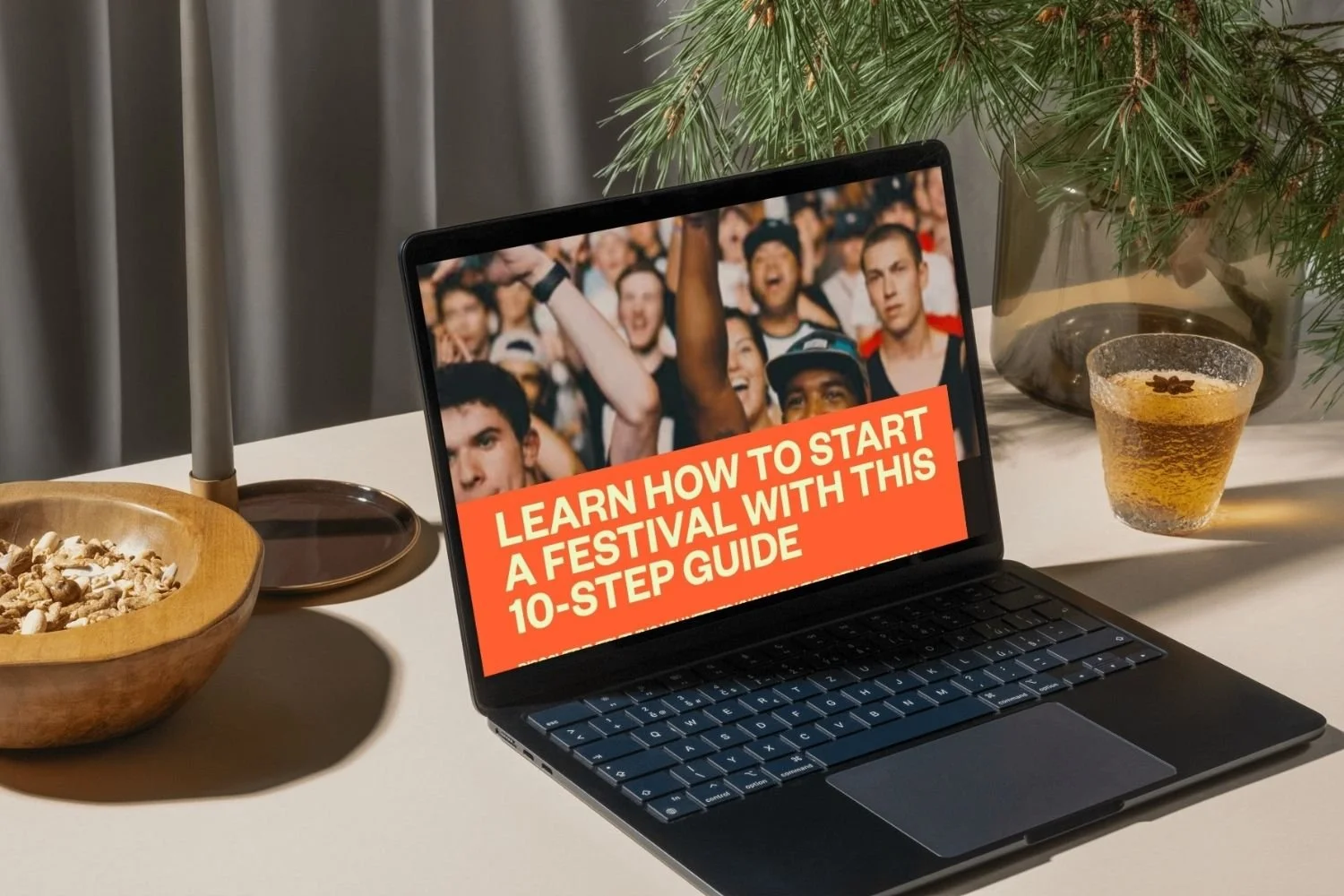Growing Your Event Business
So, you want to grow your own event business?
You’re confident in your event planning skills. You’ve delivered great work, your clients are happy, and your events are solid. But how do you turn that momentum into a business that grows with more clients, more revenue, and more sustainability?
Growing an event business isn’t just about doing more events. It’s about working smarter, positioning yourself strategically, and building systems that support long-term success.
This article covers practical ways to grow your event business—whether you're freelancing, consulting, or running a boutique agency.
1. Get Clear on What You Actually Offer
Many planners try to be everything to everyone: weddings, conferences, parties, brand launches, community festivals…
But clarity = growth.
Ask yourself:
What do I enjoy delivering most?
Where do I get the best results (and margins)?
Who am I best positioned to serve?
Pro Tip: Define your core services and packages. You can always take on other jobs, but your marketing should focus on your strengths.
2. Position Yourself as an Expert—Not Just a Service Provider
Clients aren’t just buying coordination. They’re buying your experience, advice, judgment, and calm under pressure.
To grow your business, start showing up as a trusted advisor, not just a task-ticker.
Ways to do that:
Write blog articles or LinkedIn posts (like this!)
Share case studies from past events
Speak on panels or offer training to junior staff
Offer strategy sessions or audits as a service
People don’t hire the most available planner. They hire the one who gives them confidence.
3. Refine Your Processes and Templates
Growth gets chaotic without systems. Every successful event business has reliable internal processes and reusable tools.
Start by:
Creating (or improving) your onboarding process
Standardising templates (run sheets, budgets, vendor checklists)
Using project management tools to track work
Creating a pricing structure you can adjust as you scale
Event Kit exists for exactly this reason—to give you a ready-made system you don’t have to build from scratch.
4. Build Referral Pathways
Word of mouth is gold but you don’t have to wait for it passively.
Ask happy clients for testimonials or LinkedIn reviews
Stay in touch with key vendors, speakers, venues
Offer a referral discount or incentive
Stay visible on platforms your clients use (Instagram, LinkedIn, industry networks)
Often, you’re one conversation away from your next opportunity.
5. Decide How You Want to Grow
Growth doesn’t have to mean bigger.
For some planners, growth means:
Hiring a small team
Taking on higher-value projects
Launching an online course
Working fewer hours with better systems
Selling products or templates (like Event Kit)
Define what success means for you, then reverse engineer the steps to get there.
Final Thoughts
Growing your event business isn’t just about doing more. It’s about doing it on your terms with clarity, systems, and a reputation that opens doors.
You already know how to deliver great events. Now it’s about building the business that supports the work you love.
📈 Starting or scaling? The Event Planning Business Kit includes planning tools, client onboarding templates, and pricing strategy guides to grow your event business with confidence.
You Might Also Like
Meet Your Mentor
Hey! I’m Rachella — founder of Event Kit and an Event Consultant with 25+ years of experience running world-class festivals and public events. I created Event Kit because I knew there had to be a smarter, less overwhelming way to plan pro-level events.
EVENT KIT LIBRARY
Guides & Tutorials: Expert Insights & Event Planning Inspiration
Your go-to for practical event planning advice, from beginner basics to smart professional development.














